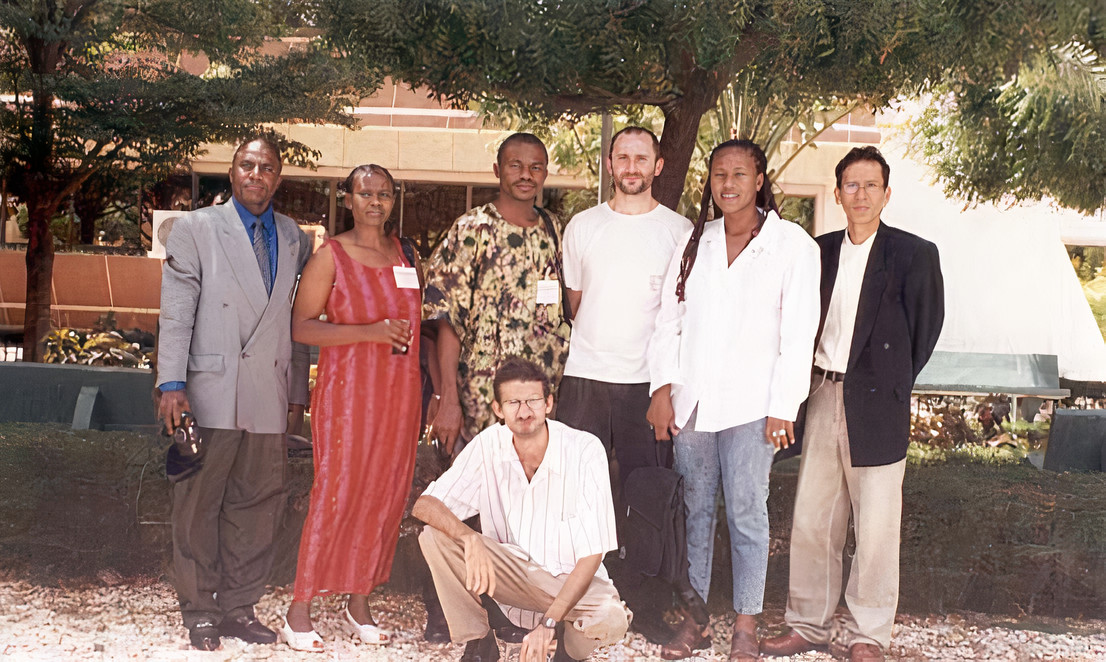Our Roots & Mission

Our roots
The origins of Sephis go back to April 1993, when the Dutch Ministry of Foreign Affairs organized the workshop ‘Historical Dimensions of Development, Change and Conflict in the South’, where people working in the field of development and scholars from across continents and regions in the North and South came together. The seminar emphasized the transregional and historical dimensions of development from a comparative perspective, as part of a strategy to value collaborative research joined by scholars, policy-makers and ‘opinion makers’, fostering initiatives and outputs with high scientific impact and political relevance. This was the origin of Sephis Programme – the expertise and grounded experience of researchers and practitioners directly involved with questions of development, facing inequality and promoting social justice.
As a result of this inspiring workshop the Dutch Ministry of Development Cooperation (headed by Jan Pronk) decided to set up a programme that aimed to foster academic exchange between scholars in the Global South interested in providing alternative visions of development than those formulated by Western development agencies and scholars. In August 1994 Sephis officially started. Willem van Schendel acted as the first chairman, Ulbe Bosma as coordinator and the first configuration of the Sephis Steering Committee included Peter Geschiere, Jan Breman, Heather Sutherland, Gyan Pandey and Silvia Cusicanqui Rivera and other participants of the ‘Historical Dimensions’ Workshop.
Throughout the years Sephis has initiated, supported and facilitated a large number of activities particularly in the field of humanities, in connection with scientific and social policies. Initiatives have been simultaneously focusing the individual dimension (PhD and post-doctoral grants, intellectual capacity building workshops, summer schools, ), institutional capacities and networks (funding of small, institutional grants, collaborative research grants, lecture tours), preserving local histories and knowledge (grants for the preservation of local histories), translation, publication and dissemination of key publications (key texts, Sephis e-magazine), creating and sustaining dialogues across the North and South.
Our Mission
Sephis believes that fairer conditions for knowledge production and circulation at a global level can contribute for a better future. As an institution designed to overcome the North-South divide that still hampers the dissemination of critical ideas and alternative development practices, our main mission is to promote world-class scholarship and expertise from the South into a worldwide scale. We are interested in funding scholars from the South whose research practices are critical and yet committed to novel forms of social development and collective future-making. Sephis’ ambition is to contribute to the worldwide blossoming of meaningful knowledge from and about the Global South by fostering cooperation between researchers with historically-grounded approaches to their disciplines and located in various regions of the Global South, but increasingly also collaborates with institutions and researchers in the North.
